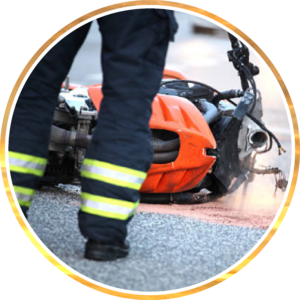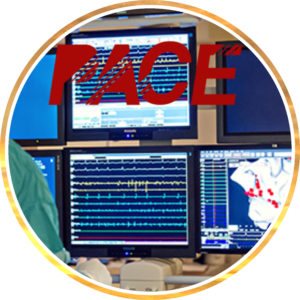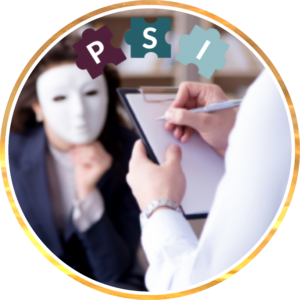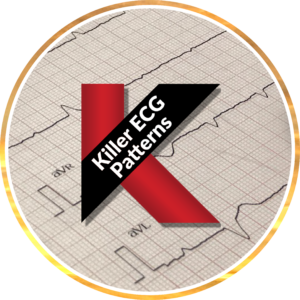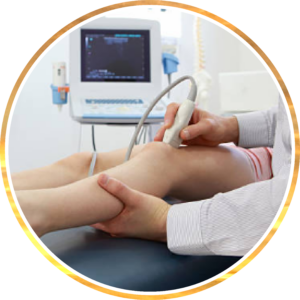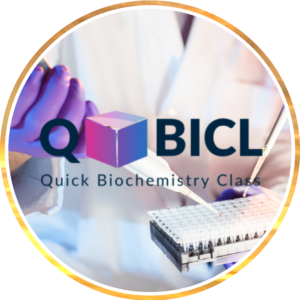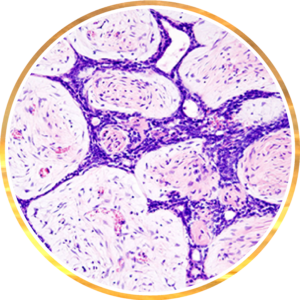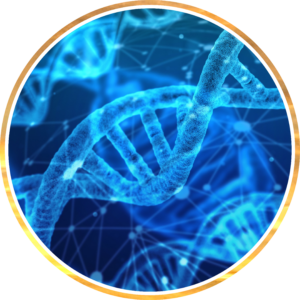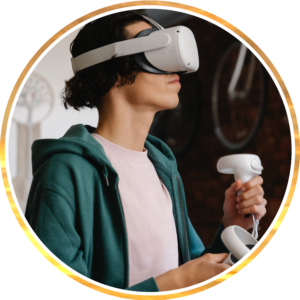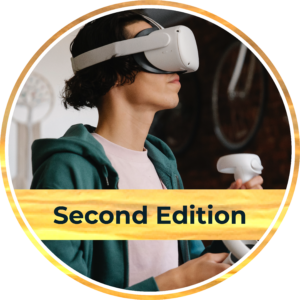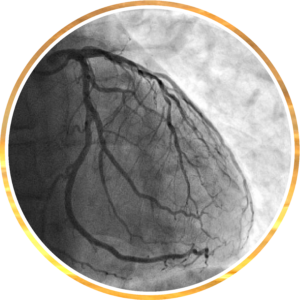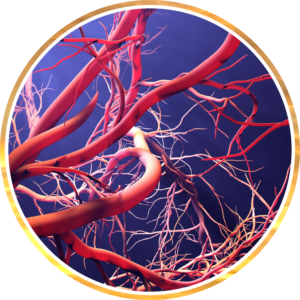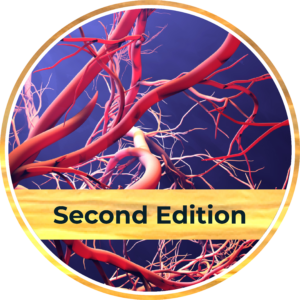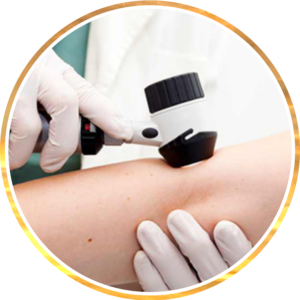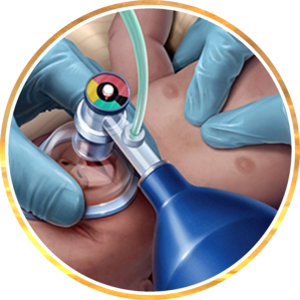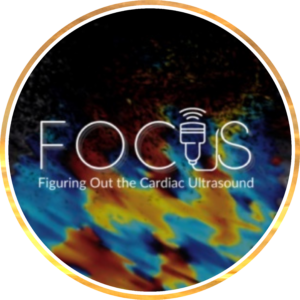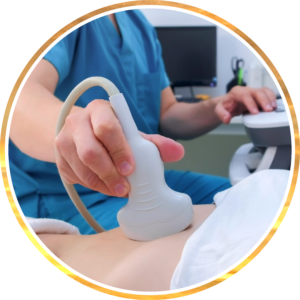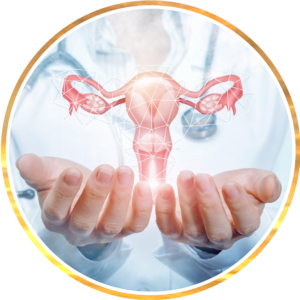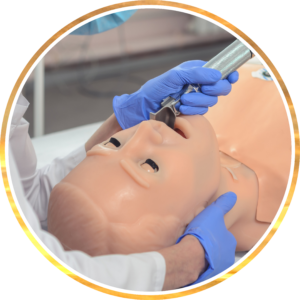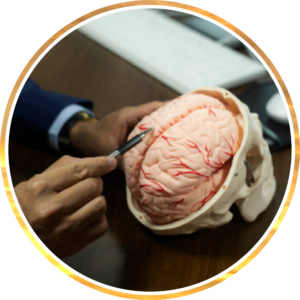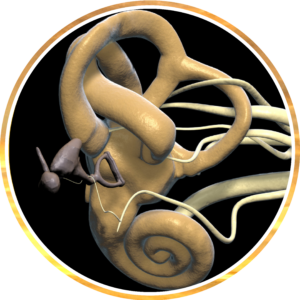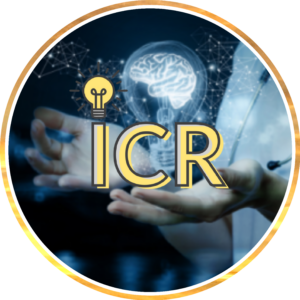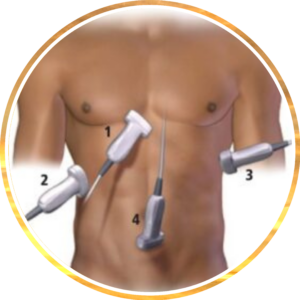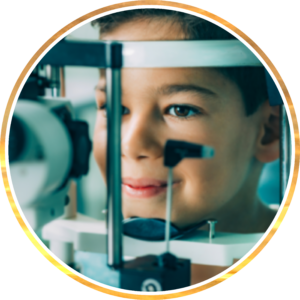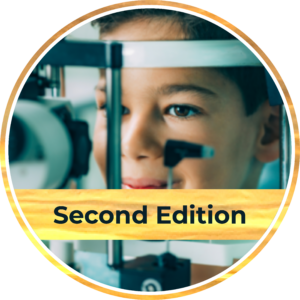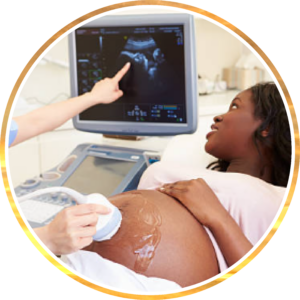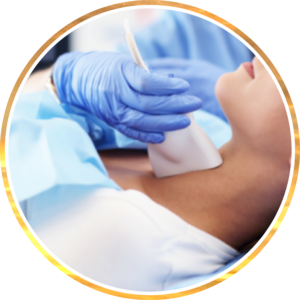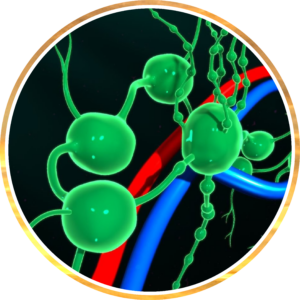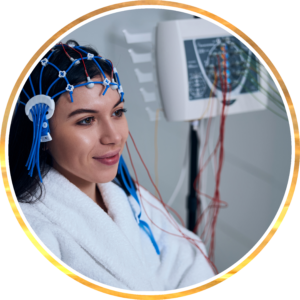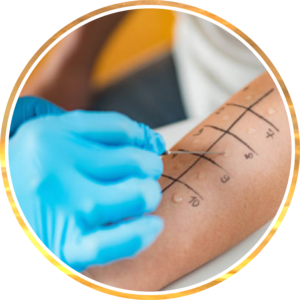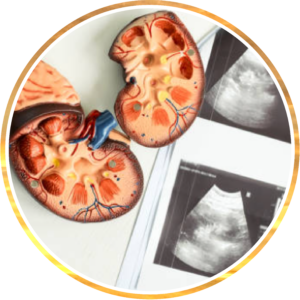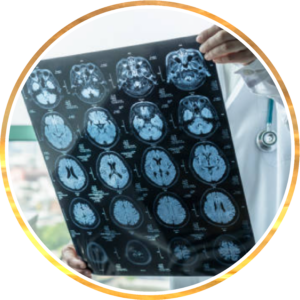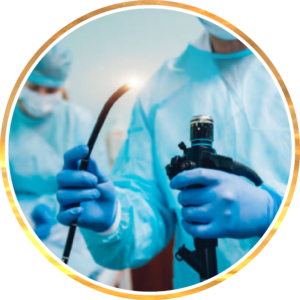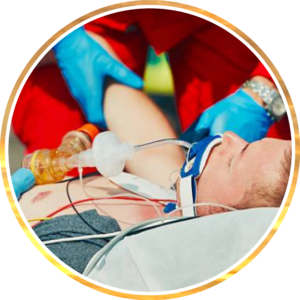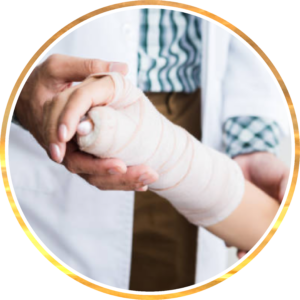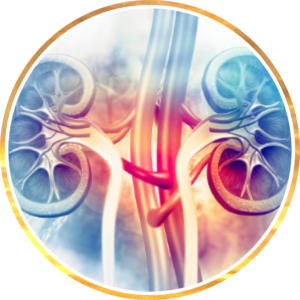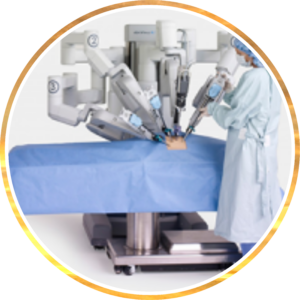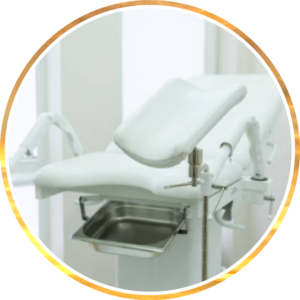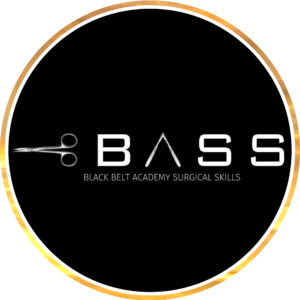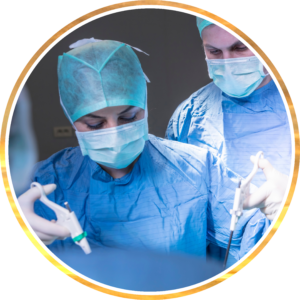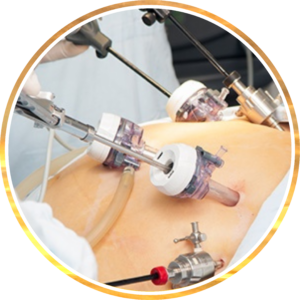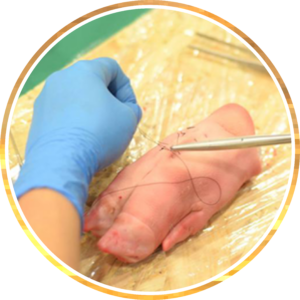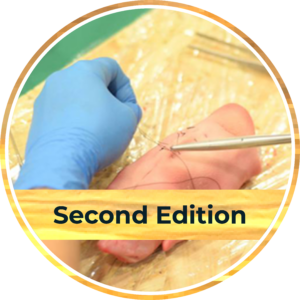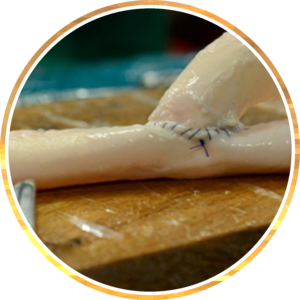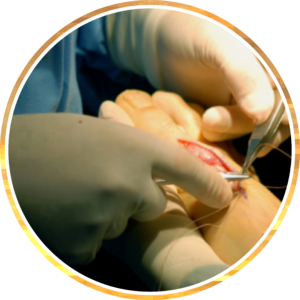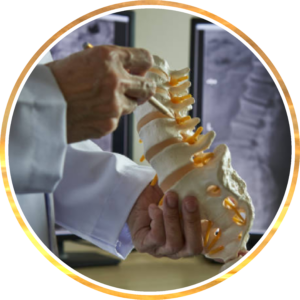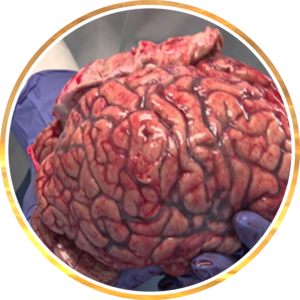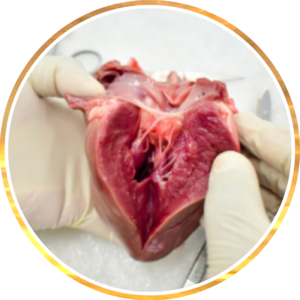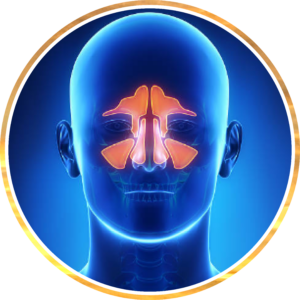The number of available places at any given Workshop is limited. The places at our Workshops are given on a first come, first served basis. This means that all the participants who paid the fee have equal chances. Workshops will be held only with a minimum of 3 participants.
Did you change your mind about the Workshop you booked? You are allowed to change your workshop twice – check the “Book a place” tab in “My Account”.
Are you considering booking a second Workshop? You can do that if you pay the Additional Workshop Fee (20 EUR) before the 31st of March 2024. You will be able to pay the Additional Workshop Fee only if you have an active account (you have to log into your account, go to the “Payment” tab and follow the instructions there). After your payment is processed, if you log into your account and check the “Book a place” tab, you will see that the “Book a second workshop” button magically appears. You must book your second Workshop before the 31st of March 2024. You are free to book any Workshop, as long as there are available places (the number of available places at any given Workshop is limited). The places are given on a first-come, first-served basis (this means that all the participants who paid their fees have equal chances, regardless of whether it is their first or second Workshop). You can book a number of two additional workshops. Read also Fees.
Do you and your friends have a Workshop that you’d like to see on our list? Let us know and we’ll try to make it happen. Check the “Book a place” tab in “My Account”.
You can participate only in the Workshops you have booked. In order to receive your Certificate of Participation, you must book at least one Workshop and attend it.


